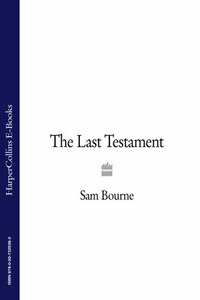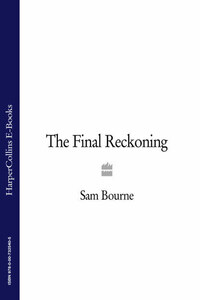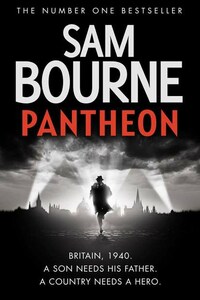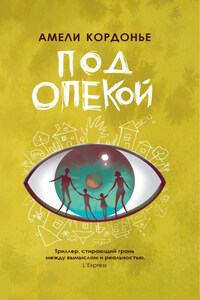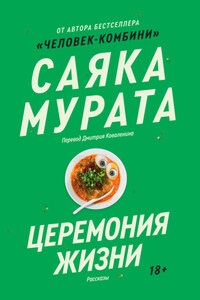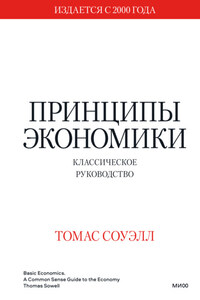Baghdad, April 2003
The crowd were pushing harder now, as if they scented blood. They charged through the archway and their combined weight pressed against the tall oak doors until they went crashing to the ground. As they rushed through, Salam moved with them. It was not a decision. He was simply a part of a moving beast made up of men, women and children, some even younger than him. They were a collective animal and now they gave a mighty roar.
They burst into the first vast hall, the glass of the display cases glinting in the silver moonlight that spilled through the ceiling-high windows. There was a brief pause, as if the beast were drawing breath. Salam and his fellow Baghdadis contemplated the scene before them. The National Museum of Antiquities, once Saddam's treasure house, bursting with the jewels of Mesopotamia, now laid wide open. There was not a guard in sight. The last of the museum staff had abandoned their posts hours earlier; and the few remaining security men had fled at the sight of this horde.
The brief moment of silence was ruptured by a sledgehammer crashing through glass. On that cue, the room was instantly filled with thunderous noise, as one after another they started wielding pistols, axes, knives, clubs, even heavy strips of metal torn from wrecked cars – anything to spring these precious, ancient objects from their cases.
Pane after pane of glass shattered. Ivory statues tumbled; ancient ceramic plates smashed to powder as they hit the floor. The room, usually blanketed in museum quiet, echoed now with a mighty din: the breaking of stone and glass, even gunshots as the most impatient shot out locks that refused to surrender to a crowbar. Salam noticed two well-dressed men setting to work methodically with professional glass-cutting equipment.
The ground trembled as wave after wave of people stampeded into the museum, ignoring this first exhibition hall, looking for fresh pickings elsewhere. They collided with those anxious to get out, hauling their priceless booty on handcarts, wheelbarrows and bicycles, or struggling under heavy plastic crates and cardboard boxes. Salam recognized a friend of his father striding out, his face flushed and his pockets bulging.
Salam's pulse was throbbing. In all his fifteen years he had never seen anybody behave like this. Until a few days ago everyone he knew had moved slowly, heads down, eyes averted. In Saddam's Iraq you knew better than to break the rules or draw attention to yourself. Now these same people – his neighbours – were wild in their desire, stealing anything they could lay their hands on and destroying the rest.
Salam reached into a broken case for a necklace made of pale orange and amber stones. But someone grabbed his wrist before he could grasp it: a middle-aged woman, eyes ablaze, blocking Salam with her left hand, stealing the necklace for herself with her right. He backed away.
It was like a scene from the sacking of an ancient city, Salam thought: an orgy driven not by lust, but by greed, the participants writhing with avarice, slaking an appetite that had been pent up for decades. Suddenly he was pushed forward again: a new group of looters had arrived and they were making for the stairwell.
Salam was swept along as they headed down a flight of stairs: a rumour had spread that the museum staff had stashed all the best stuff in the storerooms. He saw a knot of men standing around a door which they had clearly just lifted off its hinges. Behind it stood a freshly-constructed wall of cinder blocks, the cement barely set. First one man, then two, began hacking away at the bricks with hammers; others joined them using bars, even their shoulders. They turned to Salam.
‘Come on!’
They passed him a metal table leg.
